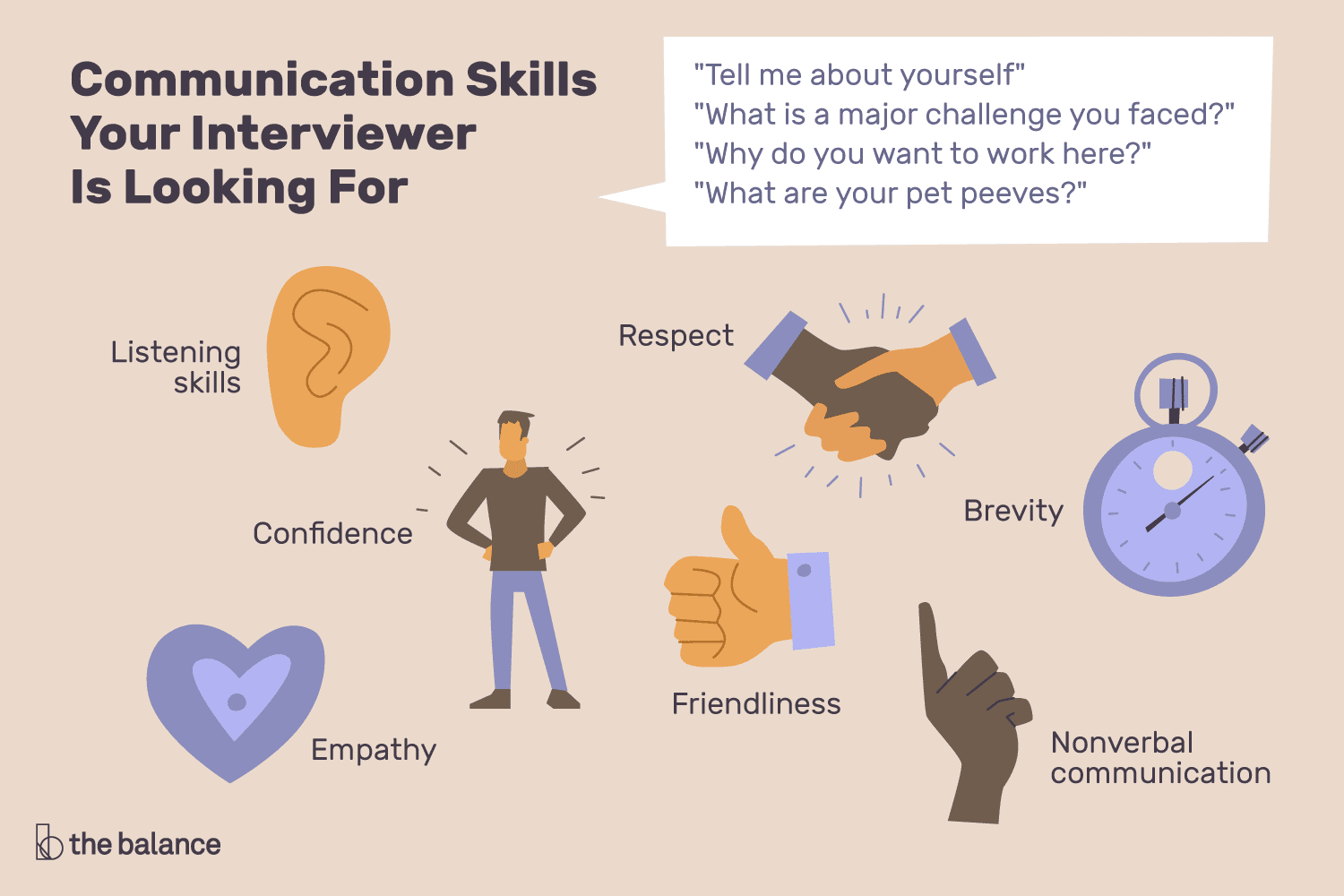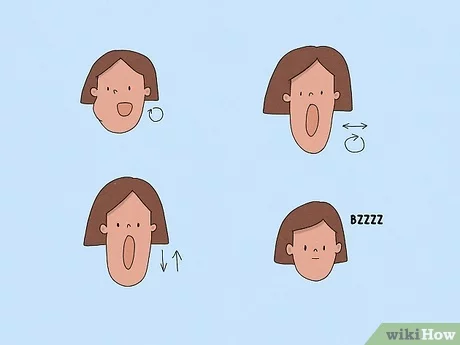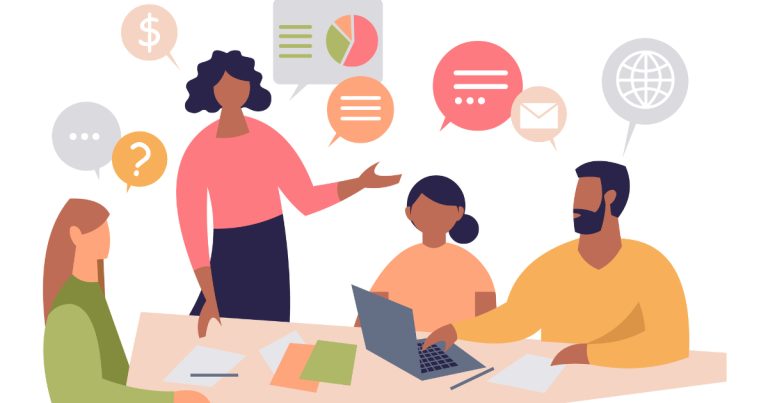Communication Skills in Your Job Interview
Communication skills are crucial in a job interview, as they help convey your ideas clearly and effectively to the interviewer, showcasing your abilities to build rapport, listen attentively, and articulate your thoughts concisely. In addition to being a fundamental requirement for all job roles, strong communication skills also demonstrate your professionalism and ability to collaborate with colleagues, clients, and stakeholders.
Good communication can help you stand out among other applicants and increase your chances of securing the job. Whether it’s through verbal, nonverbal, or written means, effectively showcasing your communication skills is essential for a successful interview. We will discuss the importance of communication skills in a job interview and provide tips on how to effectively highlight and demonstrate your proficiency in this area.

Credit: novoresume.com
Why Communication Skills Are Important In A Job Interview
Strong communication skills are crucial in a job interview as they enable effective expression of ideas, clear articulation of qualifications, and active listening. Good verbal and non-verbal communication enhances rapport-building with interviewers and boosts chances of securing the desired position.
Creating A Positive First Impression
First impressions matter, especially in a job interview. When hiring managers assess candidates, the way you communicate can heavily influence their perception of you. Creating a positive first impression starts with effective communication. From the moment you enter the interview room to the moment you leave, your communication skills play a vital role in shaping how interviewers perceive your professionalism, confidence, and ability to fit into the company culture.
Demonstrating Effective Verbal Communication
Verbal communication is a key component of job interviews. Your ability to express yourself clearly and convincingly demonstrates your level of competence and expertise. Effective verbal communication involves articulating your thoughts concisely, using appropriate vocabulary, and maintaining a confident and engaging tone. Employers value candidates who can communicate their ideas and experiences effectively, as this skill is crucial for tasks such as presenting information, collaborating with team members, and interacting with clients.
Showing Active Listening Skills
Active listening is an essential communication skill that is highly valued in job interviews. Interviewers want to know that you are genuinely interested in what they have to say and that you can understand and respond to their questions accurately. Showing active listening skills involves maintaining eye contact, nodding appropriately, and asking thoughtful follow-up questions. By actively listening, you demonstrate your ability to absorb information, process it, and respond appropriately. This skill also highlights your potential to collaborate effectively in a team environment.
Non-verbal Communication In A Job Interview
When it comes to job interviews, it’s not just what you say that matters. Non-verbal communication plays a crucial role in creating a positive impression on your potential employer. In fact, research shows that up to 93% of communication is non-verbal. Therefore, it’s essential to pay attention to your body language, facial expressions, and gestures during the interview. In this article, we’ll explore the importance of non-verbal communication in a job interview and provide tips on how to use it effectively to boost your chances of success.
Understanding Body Language
Your body language can give away a lot about your confidence, professionalism, and demeanor. It’s important to be aware of your body language in a job interview as it can either enhance or detract from your verbal communication. Here are a few key body language cues to keep in mind:
- Maintain good posture by sitting up straight and avoiding slouching. This conveys attentiveness and confidence.
- Keep your arms uncrossed and use open gestures to appear approachable and engaged.
- Lean in slightly towards the interviewer to show interest and active listening.
- Match your body language to the tone of the conversation, mirroring the interviewer’s gestures and energy level.
Using Facial Expressions And Eye Contact
Your facial expressions can convey your emotions and level of interest during the interview. Maintaining appropriate eye contact is also crucial in establishing a connection with the interviewer. Here are a few tips to enhance your facial expressions and eye contact:
- Smile genuinely and naturally throughout the interview to project a friendly and positive demeanor.
- Make consistent eye contact with the interviewer, but avoid staring or looking away too often.
- Use your eyebrows and forehead to express interest, surprise, or understanding, as it shows engagement and active listening.
- Control nervous facial expressions, such as fidgeting or excessive blinking, to appear confident and composed.
| Tip: |
|---|
| Remember to smile at appropriate moments, such as when you greet the interviewer or when discussing something positive about your experiences. |
Mastering Gestures And Posture
In addition to your body language and facial expressions, your gestures and posture can convey credibility and professionalism. Pay attention to the following tips when it comes to gestures and posture during a job interview:
- Avoid excessive or distracting hand gestures, as they can take away from your verbal communication.
- Use purposeful hand movements to emphasize key points or demonstrate enthusiasm.
- Maintain a calm and composed posture, avoiding excessive fidgeting or restlessness.
- Avoid crossing your legs or arms, as it can create a barrier between you and the interviewer.
| Tip: |
|---|
| Instead, keep your hands comfortably resting on your lap or use them to gesture naturally. |
By understanding and utilizing effective non-verbal communication techniques, you can enhance your overall communication in a job interview. Remember to remain attentive, confident, and engaged through your body language, facial expressions, and gestures. These non-verbal cues will help you create a positive impression and increase your chances of success in landing your dream job.
Preparing For Effective Communication In A Job Interview
Effective communication skills are crucial in a job interview, as they not only help you convey your qualifications and experiences but also demonstrate your professionalism and fit for the role and company. To make a positive impression on your potential employer, it’s important to prepare beforehand and focus on elements that will enhance your communication. In this article, we will explore three key areas to focus on when preparing for effective communication in a job interview: researching the company and job role, practicing common interview questions, and building confidence while managing nervousness.
Researching The Company And Job Role
One of the most effective ways to showcase your communication skills during a job interview is by demonstrating your knowledge and understanding of the company and the job role you are applying for. Conduct thorough research about the company’s mission, values, products or services, and recent achievements. Familiarize yourself with their website, social media presence, and any recent news articles or press releases. This not only helps you tailor your responses during the interview but also shows that you are genuinely interested in the organization. Consider the following:
- Read about the company’s history, culture, and core values.
- Understand the products or services they offer.
- Stay updated on any recent news or industry trends relevant to the company.
Practicing Common Interview Questions
Practicing common interview questions can significantly improve your communication skills and boost your confidence during the interview process. Take the time to reflect on your experiences and how they align with the job requirements. Practice answering questions using the STAR technique (Situation, Task, Action, Result) to structure your responses effectively. This will help you provide clear and concise answers that highlight your skills and accomplishments. Consider the following:
- Compile a list of commonly asked interview questions.
- Prepare thoughtful and specific answers that showcase your qualifications.
- Practice your responses out loud or with a friend or family member.
Building Confidence And Managing Nervousness
Confidence plays a vital role in effective communication. While it’s natural to feel nervous before a job interview, there are strategies you can implement to boost your confidence and manage nervousness. By preparing thoroughly and adopting positive mindset techniques, you can present yourself confidently and articulate your thoughts clearly. Consider the following:
- Visualize success and approach the interview with a positive mindset.
- Practice deep breathing exercises to calm your nerves.
- Focus on your qualifications and past achievements to boost your confidence.
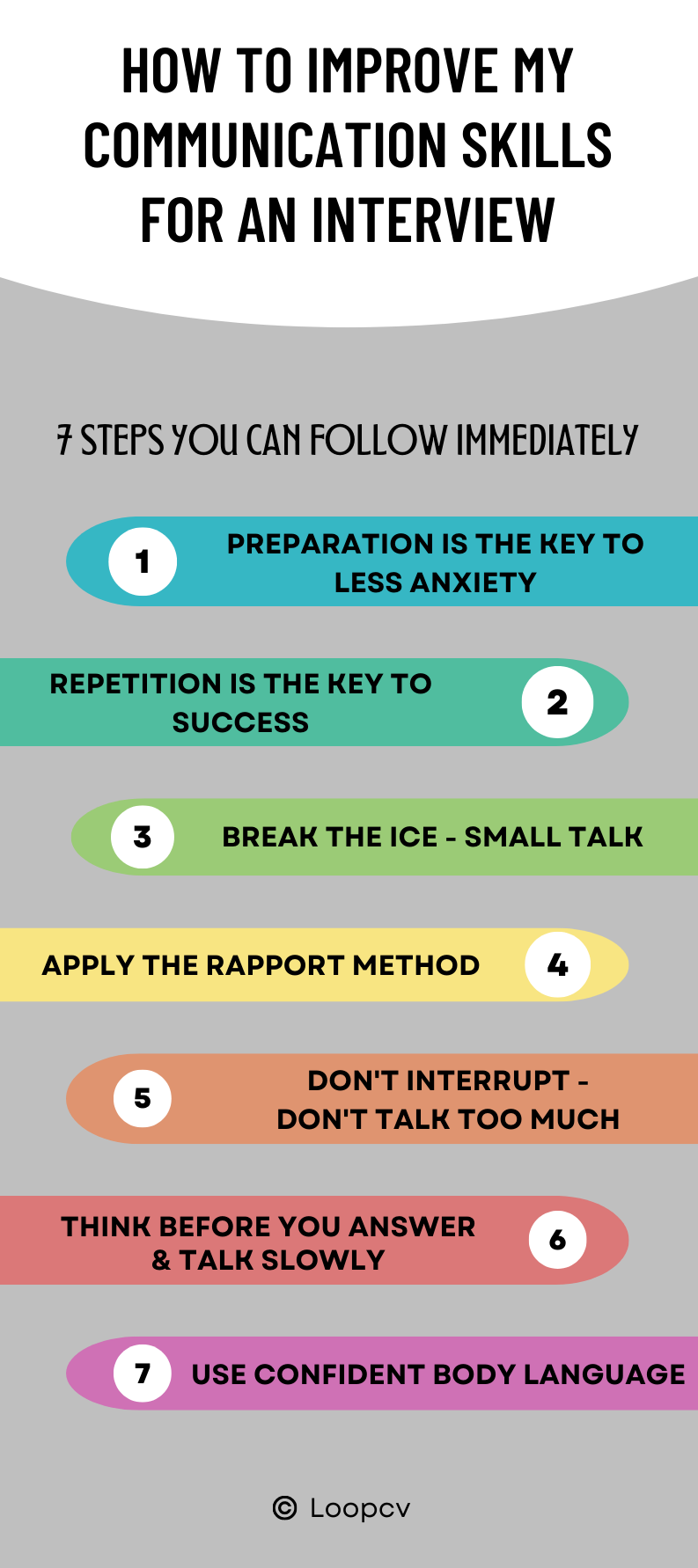
Credit: blog.loopcv.pro
Tips For Improving Communication Skills In A Job Interview
Tips for Improving Communication Skills in a Job Interview
Communication skills are crucial when it comes to acing a job interview. Employers are not only evaluating your technical competencies, but also how well you can express yourself, engage with others, and effectively communicate your qualifications. To help you stand out from the competition, here are some essential tips for improving your communication skills in a job interview:
Speaking Clearly And Concisely
In an interview, it is essential to speak clearly and concisely to ensure that your message is easily understood. Avoid the use of jargon or complicated technical terms that the interviewer may not be familiar with. Use simple and straightforward language to convey your thoughts. Additionally, be mindful of your pace and articulation, as speaking too fast or mumbling can hinder effective communication.
Maintaining A Positive And Enthusiastic Tone
Your tone of voice can significantly impact how your message is received. Maintain a positive and enthusiastic tone throughout the interview to demonstrate your passion and interest in the position. Smile, be energetic, and project confidence in your abilities. This positive attitude will not only make you more likable to the interviewer but will also enhance the overall impression of your communication skills.
Asking Relevant Questions
Asking relevant questions during a job interview is an excellent way to demonstrate effective communication skills. It shows your genuine interest in the role and allows you to gather more information about the company and position. Prepare a list of thoughtful questions before the interview that reflect your knowledge of the company, industry, and role. This displays your proactive approach and willingness to engage in meaningful conversations.
Remember, effective communication skills can make all the difference in a job interview. Speak clearly and concisely, maintain a positive and enthusiastic tone, and ask relevant questions to showcase your abilities and leave a lasting impact on the interviewer. By honing your communication skills, you can increase your chances of landing your dream job.
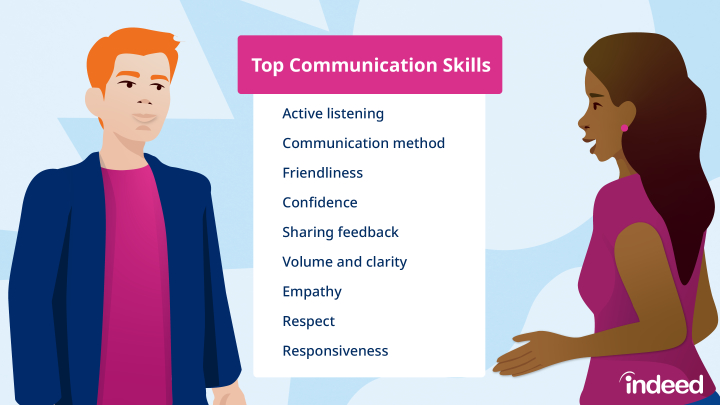
Credit: www.indeed.com
Frequently Asked Questions On Communication Skills In Your Job Interview
How Do You Describe Your Communication Skills In An Interview?
In an interview, describe your communication skills by highlighting your ability to effectively convey ideas and information. Emphasize active listening, adapting communication style, and maintaining clarity. Showcase your strong verbal and written skills, as well as your ability to collaborate with others.
Why Are Communication Skills Important In Interviews?
Communication skills are important in interviews because they help convey ideas clearly, build rapport with the interviewer, and showcase your understanding of the job requirements. Effective communication demonstrates confidence and professionalism, making a positive impression on the interviewer and increasing your chances of getting hired.
How Do You Say Communication Is A Strength In An Interview?
Highlighting effective communication as a strength in an interview involves showcasing clear, concise, and engaging communication skills. Articulating thoughts, actively listening, and adapting to different audiences are all key components. Demonstrating strong communication abilities can enhance teamwork, productivity, and overall success within a company.
What Are The 5 Basic Communication Skills?
The 5 basic communication skills include listening attentively, speaking effectively, writing clearly, reading comprehension, and non-verbal communication. These skills form the foundation for successful and effective communication in various personal and professional settings. Practice and honing these skills contribute to better understanding and connection with others.
How Can I Improve My Communication Skills For A Job Interview?
Improving your communication skills for a job interview can be achieved by practicing with mock interviews, being attentive and confident, and focusing on active listening.
Conclusion
To ace your job interview, mastering essential communication skills is crucial. Your ability to clearly articulate your thoughts, actively listen, and adapt your communication style can make a lasting impression on potential employers. By demonstrating effective communication skills, you can showcase your professionalism, interpersonal skills, and confidence.
So, take the time to prepare and practice your communication skills to increase your chances of landing that dream job. Good luck!
